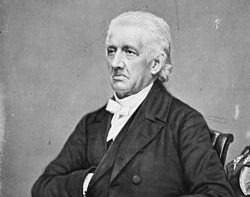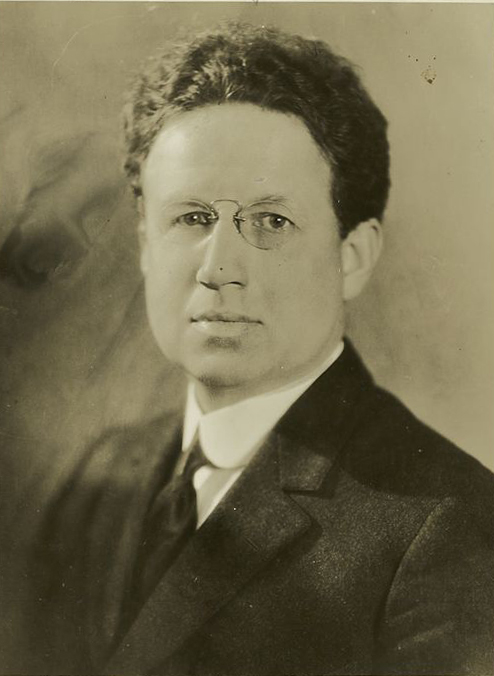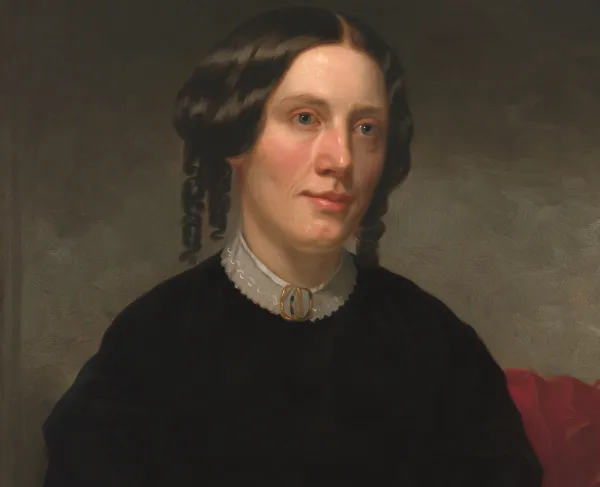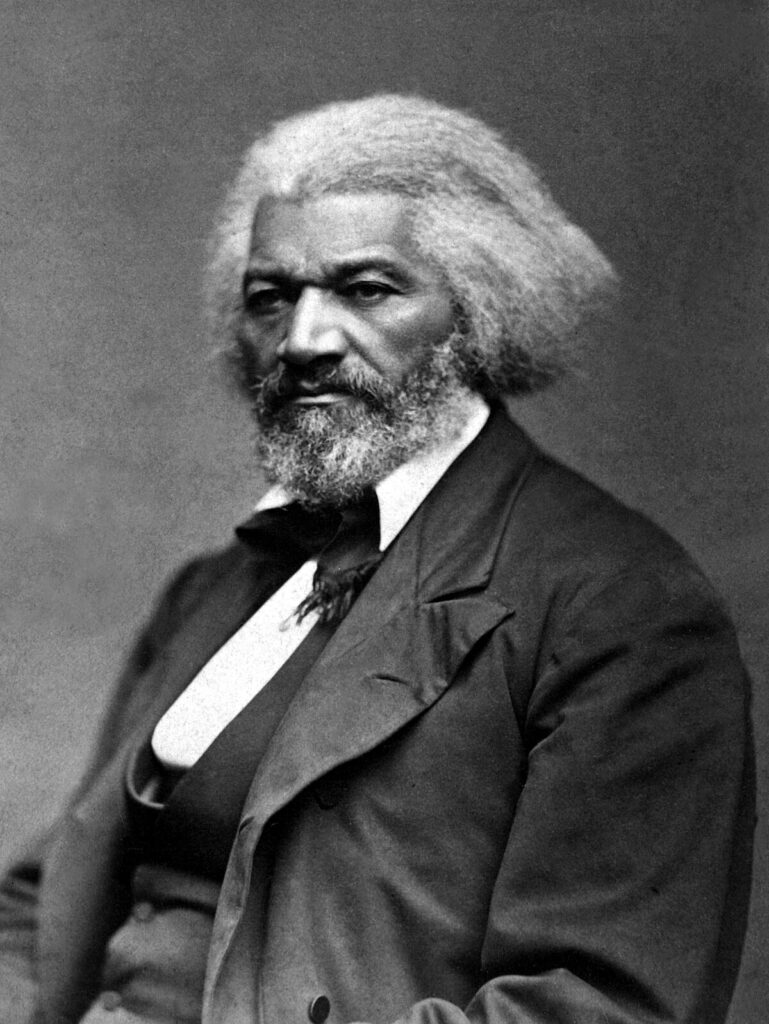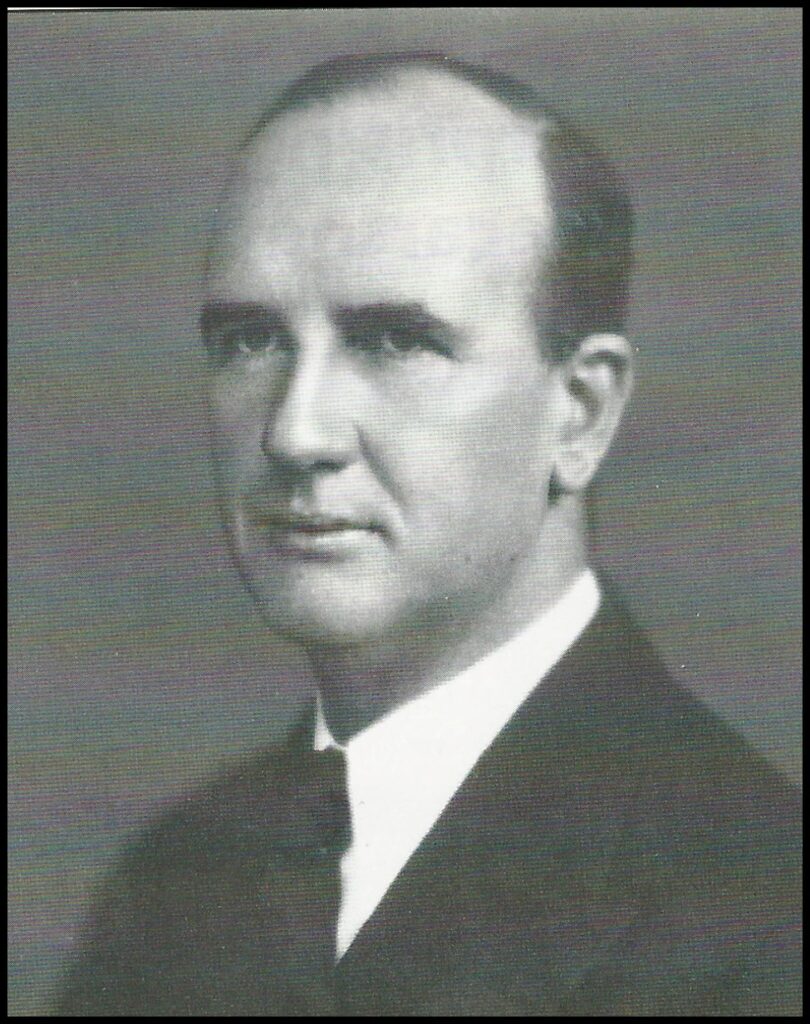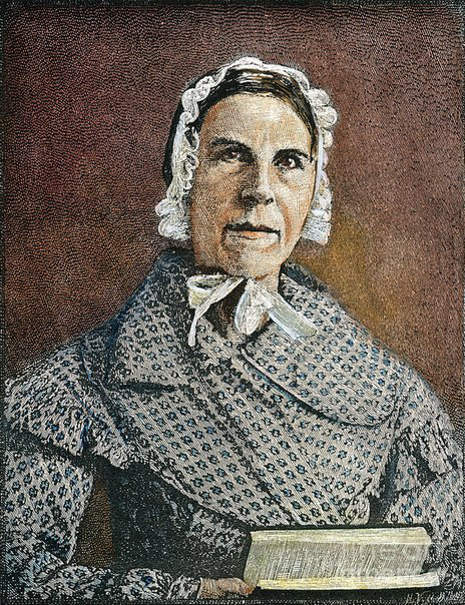Archive for August 2025
Lyman Beecher
Lyman Beecher was one of the most influential religious figures in 19th-century America, a man whose theological convictions and activism helped shape the course of American history. Rooted in the fervor of the Second Great Awakening, Beecher emerged as a powerful voice in the religious revival movement that swept across the United States in the…
Read MoreHarry Emerson Fosdick
Harry Emerson Fosdick was one of the most influential Protestant voices of 20th-century America. A pastor, writer, and public intellectual, he became the face of liberal Protestantism during the nation’s great theological divide known as the Fundamentalist-Modernist Controversy. With clarity, conviction, and a deep belief in both faith and progress, Fosdick challenged the rigidity of…
Read MoreHarriett Beecher Stowe
Harriet Beecher Stowe remains one of the most recognizable names in United States history. Her seminal work, Uncle Tom’s Cabin, is often credited as a catalyst for the Civil War and stands as a monumental contribution to abolitionist literature. However, Stowe’s convictions transcended political discourse, delving into profound moral and spiritual realms. While her historical…
Read MoreFrederick Douglass
Frederick Douglass was one of the most important figures of the 19th century, known for his role in the abolitionist movement and for becoming an internationally renowned spokesperson for freedom and equality. Born into slavery, Douglass escaped to the North, where he became a powerful voice for the enslaved and a fierce advocate for the…
Read MoreClarence E. Macartney
Clarence Edward Macartney was a towering figure in early 20th-century American Presbyterianism, best remembered for his unwavering commitment to traditional Christian doctrine during a time of tremendous theological and cultural upheaval. As pastor of prominent churches in Philadelphia and Pittsburgh and a key voice in the Fundamentalist-Modernist Controversy of the 1920s, Macartney played a formative…
Read MoreAngelina Grimké
Angelina Grimke was one of the famous “Grimke Sisters,” known for their staunch women’s rights and abolitionist stances in the 19th century United States. Along with her sister Sarah, Angelina became a leading voice in two of the most significant reform movements of her time, spearheading both women’s rights and the abolition of slavery. Her…
Read More
